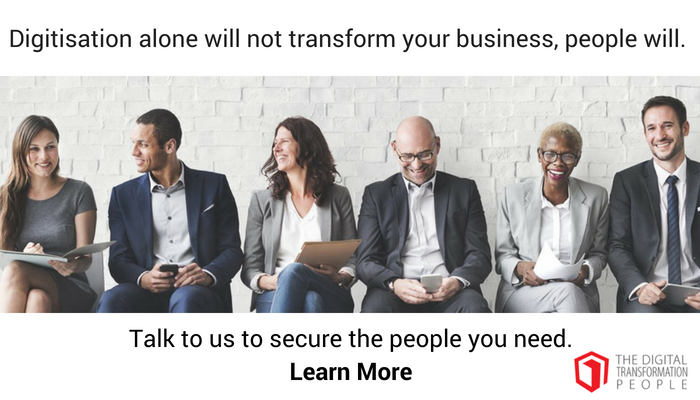A digital strategy is a chance to bring clear direction and guidance to an organisation’s approach to digital. An approach that, without this direction, often finds organisations attempting to meet business objectives using the web at a tactical level, making decisions on the fly, based on little research and in response to the latest new technology or the loudest business demand.
A well planned digital strategy, one that aligns with and supports overall business objectives, allows a business to create a foundation for sustainable growth. It supports development into a modern ‘digital by default’ organisation. An organisation that is well prepared for the incredible impact that digital has only just begun to have on the world.
The end of business as usual
The web, social media, mobile, the Internet of Things (IoT) and blockchain have had a profound impact on society. At face value, these are simply a set of digital tools. But like the printing press, factory line or automobile, these tools have transformed the way we live.
So profound is the impact of digital that it has shaken entire sectors such as media or high street retailing. Brand names such as Kodak, Blockbuster, Tower Records, and many more have closed their doors because of digital. These companies were simply too slow to adapt to the new digital landscape.
Across the world and across verticals, organisations are realising that it is no longer enough to bolt digital on to existing business models. They are fundamentally rethinking how they do business in the digital economy.
It’s easy to think that we’ll be safe from such changes on our little island haven. But, in reality, Bahrain is just as vulnerable as any other country, if not more so. As John Chambers, Executive Chairman of Cisco Systems recently remarked about digital:
“At least 40% of all businesses will die in the next 10 years… if they don’t figure out how to change their entire company to accommodate new technologies.”
The truth is that almost every business of scale in Bahrain operates using business processes that are in some cases hundreds of years old. Not only do these processes fail to support the new connected consumer, but they also allow new players to enter the market.
U.S based websites like iHerb deliver to the country at subsidised courier rates. It takes just 3 days from placing an order on the website and from as little as $3 in shipping to receive an order from America. There are also numerous local mobile applications that are eroding traditional shopping methods in the country, outperforming established competitors, by embracing digital approaches.
To some, these concerns may not be considered an immediate threat, but complacency has proved the downfall of organisations faced with digital change. With the cost of living becoming ever higher, it’s not surprising that the connected consumer is looking at other options and demanding more from the organisations they interact with.
A fundamental shift
Digital has fundamentally shifted competitive landscapes across every industry and consumer expectations have changed. ‘Business as usual’ no longer means setting a direction for your organisation and reviewing annually. It means frequently adapting to constant change, balancing and assessing risk against benefit, communicating, sharing and collaborating, expanding and contracting, learning, experimenting and listening.
A digital strategy is not an IT strategy. Where IT has historically focused on technology, digital affects virtually every aspect of a business and the ability to adapt to these changes depends on a cultural shift. New digital tools and software can help organisations to be more efficient, to reach new customers and to gain greater insight. But these benefits can only be realised if the people tasked with leveraging these tools do so with the right approach and support.
Above: Since the turn of the century, we have seen digital strategy converge with corporate strategy as outlined by Deloitte in their publication ‘Key considerations for driving digital growth from the C-suite‘
Beyond technology
Many organisations in our region approach digital in an ad-hoc manner, ‘bolting’ digital elements on to their existing business models. A Facebook page here, a post or two on Instagram and an email to a purchased list whenever a new product or service is launched. Not only is this ineffective, it overlooks the vast potential of digital. ‘Bolt-on’ digital is no longer a viable option.
A successful digital strategy integrates more than technology and should reach far beyond your IT and marketing departments. It starts with people and provides a framework to develop skills and new approaches to business across areas such as:
- Departmental structures and hierarchies.
- Policies and procedures.
- Key performance indicators.
- Leadership.
- Risk and our relationship with failure.
- Procurement and finance.
The continually evolving nature of digital means that ongoing development is a far more practical approach than one-off, fixed cost projects. Of course, to keep budgets in line it’s important that everyone knows what needs to be accomplished. This can only be achieved through a clearly considered and communicated strategy.
Article by channel:
Everything you need to know about Digital Transformation
The best articles, news and events direct to your inbox








